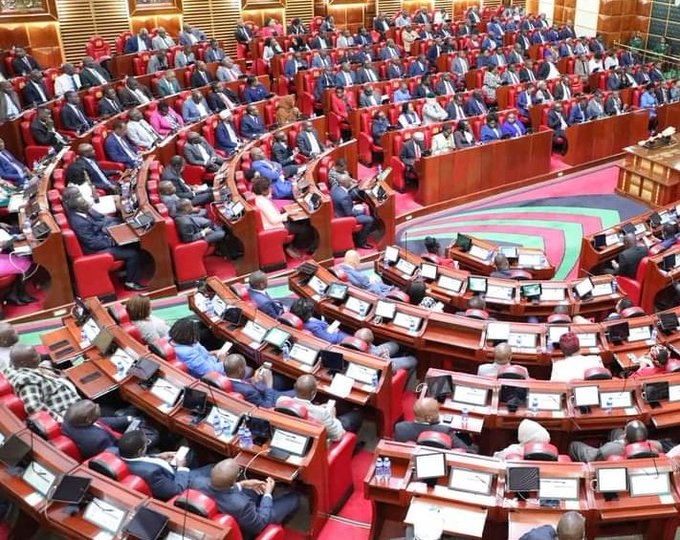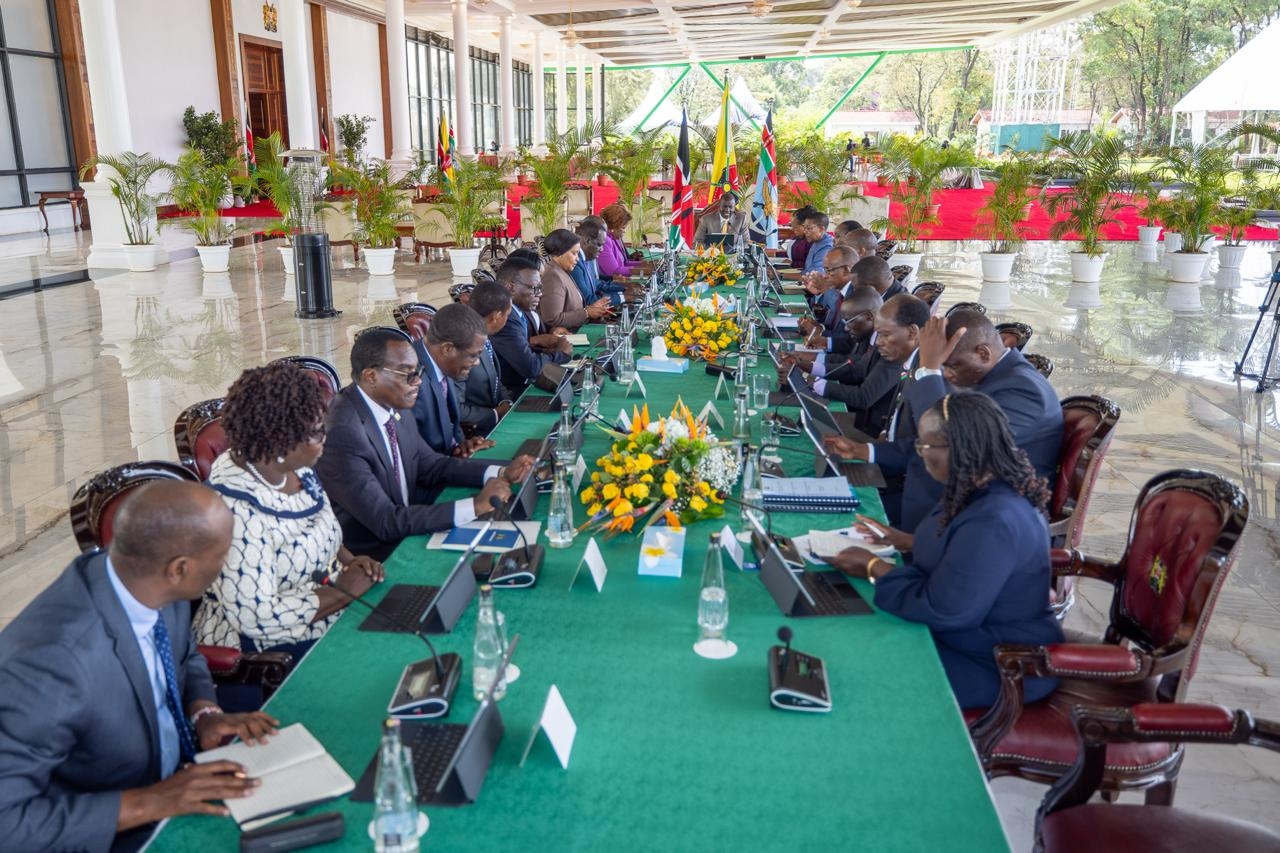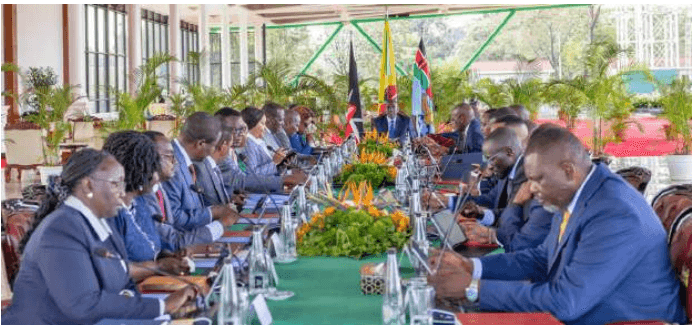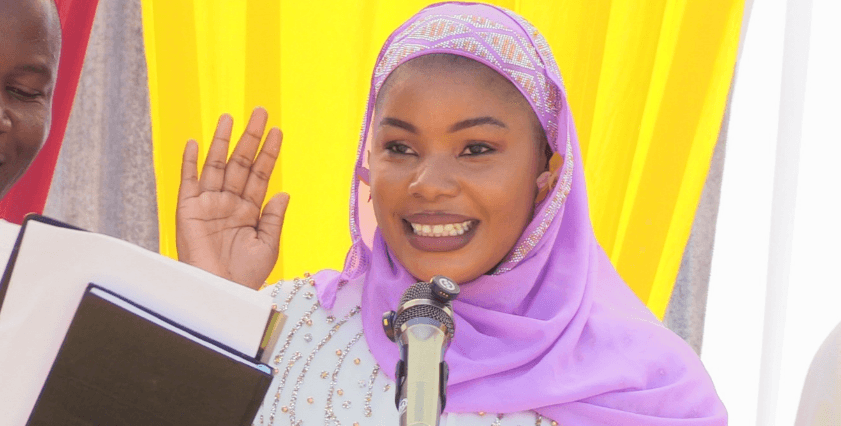Babies are born to girls unable to raise them and men still think sex with virgins will cure HIV.
These are among the reasons Kwale is still backward and interested parties are pushing an HIV-Aids education programme to bust myths and help girls to say 'no.'
The National Syndemic Disease Control Council (NSDCC) and the county government has launched the programme to reduce the increase in HIV-Aids, teen pregnancy, child marriage and GBV.
The National Syndemic Diseases Control Council replaces the National Aids Control Council and covers more diseases, including malaria, TB, sexually transmitted infections , leprosy and lung disease.
The Kwale programme launched at Kwale Cultural centre in Matuga on Thursday.
It will focus on intensified information, testimonies and case histories.
It follows the rise in HIV infections in the county.
Statistics from NSDCC shows that Kwale has a 3.2 per cent of HIV infection rate, young people being the most affected.
Its director of preventive and promotive health, Andrew Mulwa, said the swelling number of new HIV infections, teen pregnancies, and Sexual-Gender Based Violence pose an alarming threat to children's future.
"Adolescent pregnancies continue to deny our young ones their childhood rights, including their right to education and protection," he said.
He said teen pregnancies have put at risk thousands of girls' and babies' lives as many are exposed to HIV infections due to unprotected sex and mother-child transmission.
Mulwa said at least 16,518 adolescent girls and young women aged 20-24 get infected with HIV every year in Kenya.
This holds back socio-economic growth. Both the economy and health resources are overwhelmed because girls can't take care of their babies and drop out of school.
"Thousands of unutilised opportunities in education and thousands of babies born to children who lack job skills puts more pressure on health resources and there are fewer skills to grow the economy," Mulwa said.
Mulwa said nationally between 2016 and 2021, the Health ministry recorded 2,087,020 girls aged 10 to 19 adolescents aged 10-19 attending antenatal clinics countrywide. Of these, 128,223 were girls aged 10-14.
He said over the last six years in Kwale, the proportion of SGBV cases among girls aged 10 to 17 was an average 33 per cent.
Mulwa said despite the many efforts, the war is far from over.
He urged the community and various parties to enforce laws against sexual offences, to enforce the Children and Marriage Acts to protect girls from predators and exploitation.
NSDCC chief executive officer Ruth Laibon Masha people should get rid of myths and misconceptions about HIV. One reason the infection rate has surged is the myth that sex with virgins cures HIV.
She said the county has about 1,127 people injecting drugs and has many female sex workers, many of them minors, some of them gay.
Masha said no child should be left behind and girls who get pregnant should be enrolled again in school.
Kwale Governor Fatuma Achani said the programmes must be sustainable.
She said the war on teen pregnancy, HIV infections and GBV is experiencing backlash because some organisations launch campaigns for self-gain.
Achani said through the bursary programmes, more students have stayed in school and avoided pregnancy and early marriage.
County Commissioner Gideon Oyagi warned against using the traditional Kangaroo courts to resolve GBV and said the police should handle the cases.
(Edited by V. Graham)
















